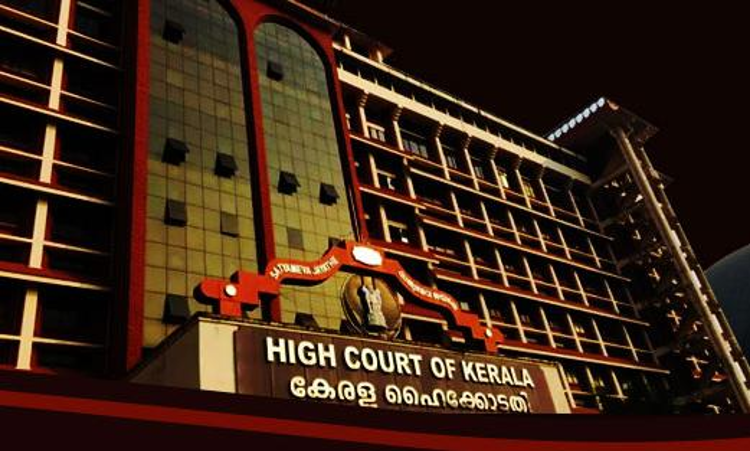Kerala High Court Strikes Down Rules 9(4A) and 9(4C) Of Municipality Rules On Property Tax Fixation
Hannah M Varghese
12 Jan 2022 6:51 PM IST

Next Story
12 Jan 2022 6:51 PM IST
The Kerala High Court has set aside Rules 9(4A) and 9(4C) of the Kerala Municipality (Property Tax, Service Tax and Surcharge) Rules which prescribe fixation of property tax at a minimum of 25% over and above the tax levied for the previous year, if the property tax arrived at on computation as per the Rules is less than the tax levied for the previous year.Justice N. Nagaresh pointed out...
